Programmieren für Meteorologen
This lecture (taught in German) provides the basic knowledge of programming and algorithm development, using the programming language Python. Numerous examples will enable the student to improve their programming skills by testing and experimenting with programming problems.
Scientific Computing in Atmospheric Sciences
Scientific Computing deals with the development of mathematical models and quantitative analysis using computer algorithms in order to solve scientific problems. Often computer simulations are used to answer questions from different scientific areas.
The goal of this lecture is to present the basic concepts and methods of scientific computing, e.g. data analysis and visualization, numerical methods, genetic algorithms, cellular automata, and Monte Carlo simulations. Those concepts will be demonstrated using examples from atmospheric research. This lecture uses the programming language Matlab in order to give the students the possibility to gain hands-on experience in computer aided problem solving.
Remote Sensing and Digital Image Processing
Human beings perceive most of the information about their environment through their visual sense. Visual observation also plays a vital role in many aspects of science, especially atmospheric sciences. To process photographic images, spectral images, videos and even 3-D visualizations, modern technology offers a range of multimedia soft- and hardware with applications in science and industry. This course aims to lay down the basic knowledge of techniques used to acquire, process, analyze, and understand complex, high-dimensional data from the environment for scientific and technical exploration. This course provides the students with insights in remote sensing, spectral imaging systems, i.e. measurement systems that use two or more dimensions and different wavelengths (e.g. besides colour cameras also satellite measurements, radar instruments, etc.), and enables the student to process this kind of data sets to retrieve information for practical applications (e.g. tracking clouds in a satellite image sequence).
Instrumentation Systems for Remote Sensing and Atmospheric Monitoring
In recent years atmospheric measurements have become increasingly important as they provide the basic data set for analysing vitally important problems like air pollution, the Ozone Hole and Global Warming. This course aims to lay down the basic knowledge of meteorological instrumentation and measurement, and to give the student an insight in the application of advanced instrumentation and remote sensing systems in atmospheric physics and environmental measurement.
Imaging Instruments, Spectral Analysis and Digital Image Processing for Environmental Applications
Precursor of the lecture "Remote Sensing and Digital Image Processing".
Science-Fiction Technologies (co-taught with Antonio Zapien, Francis Tam and Jensen Li)
This course aims to introduce students to the various future technologies appearing in science fiction.
The course focuses on introducing the imaginative ideas in science fictions with their technological importance and explaining the physical concepts behind those ideas.
It will arouse interest of students in pursuing science subjects.
Science and technologies are often the fascinating elements in many fictions and movies. They suggest what future technologies scientists may develop and some of these technologies turn out to become real and make an influence back on science fictions. These somehow blur the line between science fiction and science fact and it becomes interesting for us to question a variety of the technologies appearing in science fictions and get to know more about the basic physical principles behind them.
Air Pollution
The goal of this course is to develop a fundamental appreciation and understanding of current air pollution problems, and to present a balanced perspective on air pollution science. An overwiev of the different sources and sinks of pollutants is given, as well as their chemical and physical transformations within the atmosphere.
Other aspects covered in this course are health implications, air pollution monitoring instrumentation and the mathematical modelling of pollution dispersion.
|
|
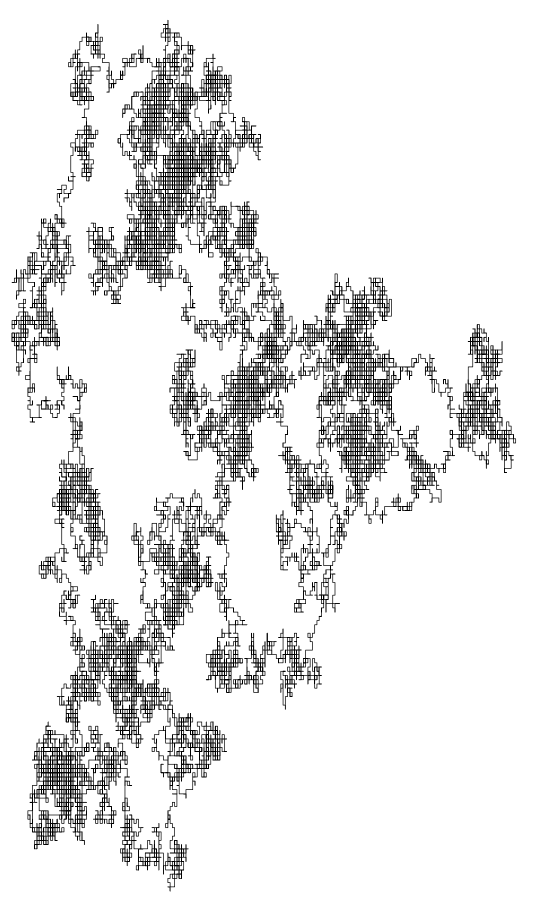
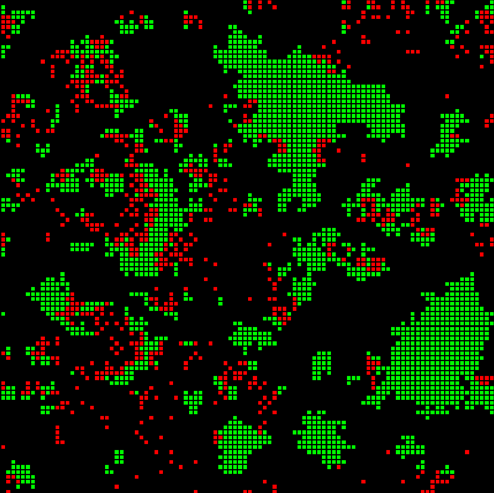

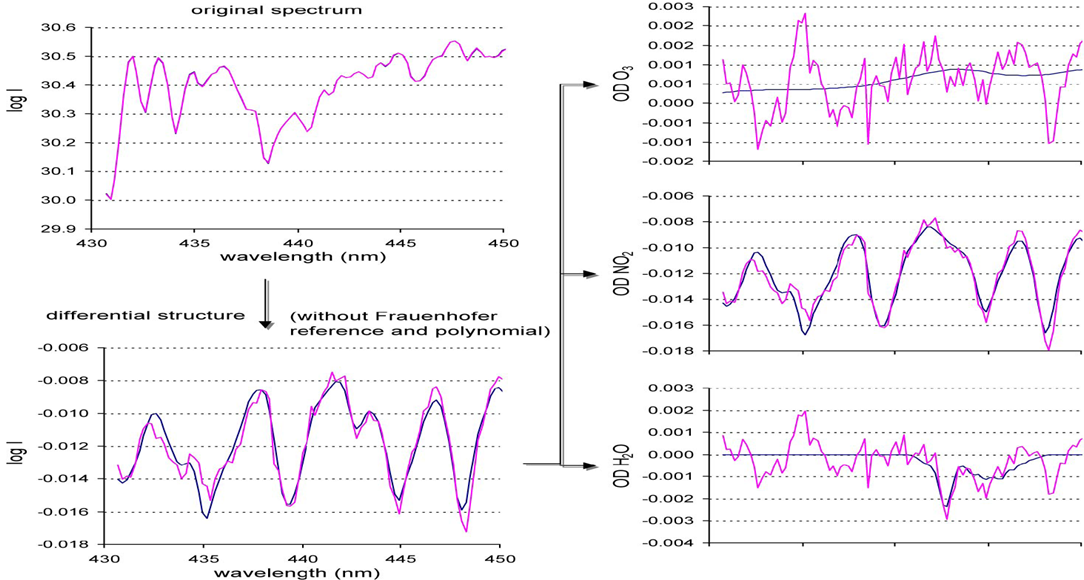
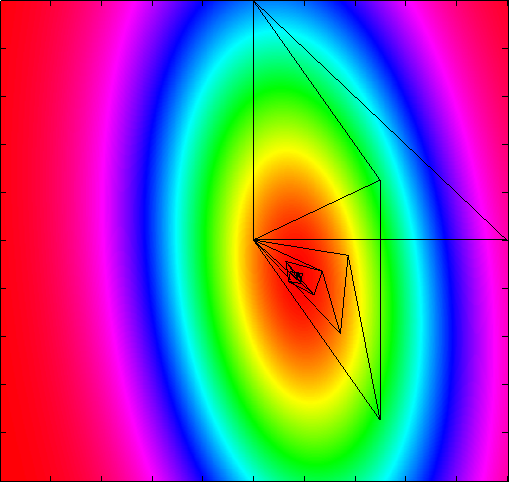
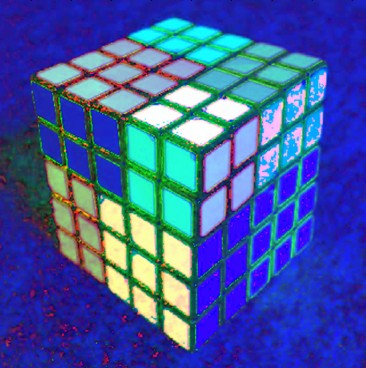
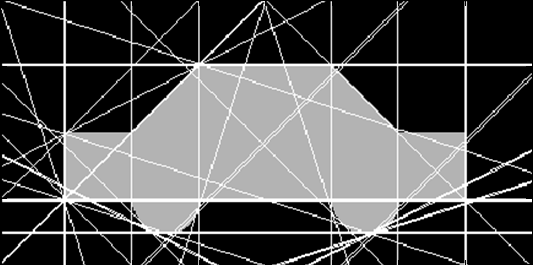
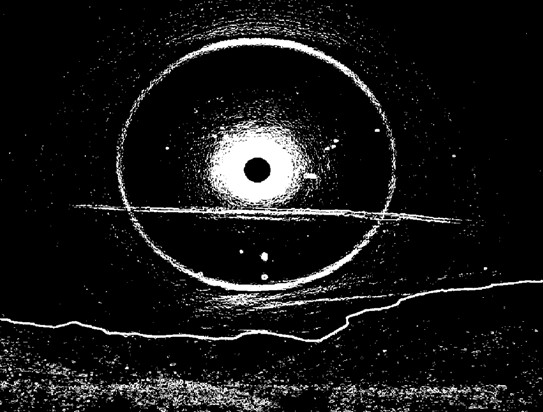
|
